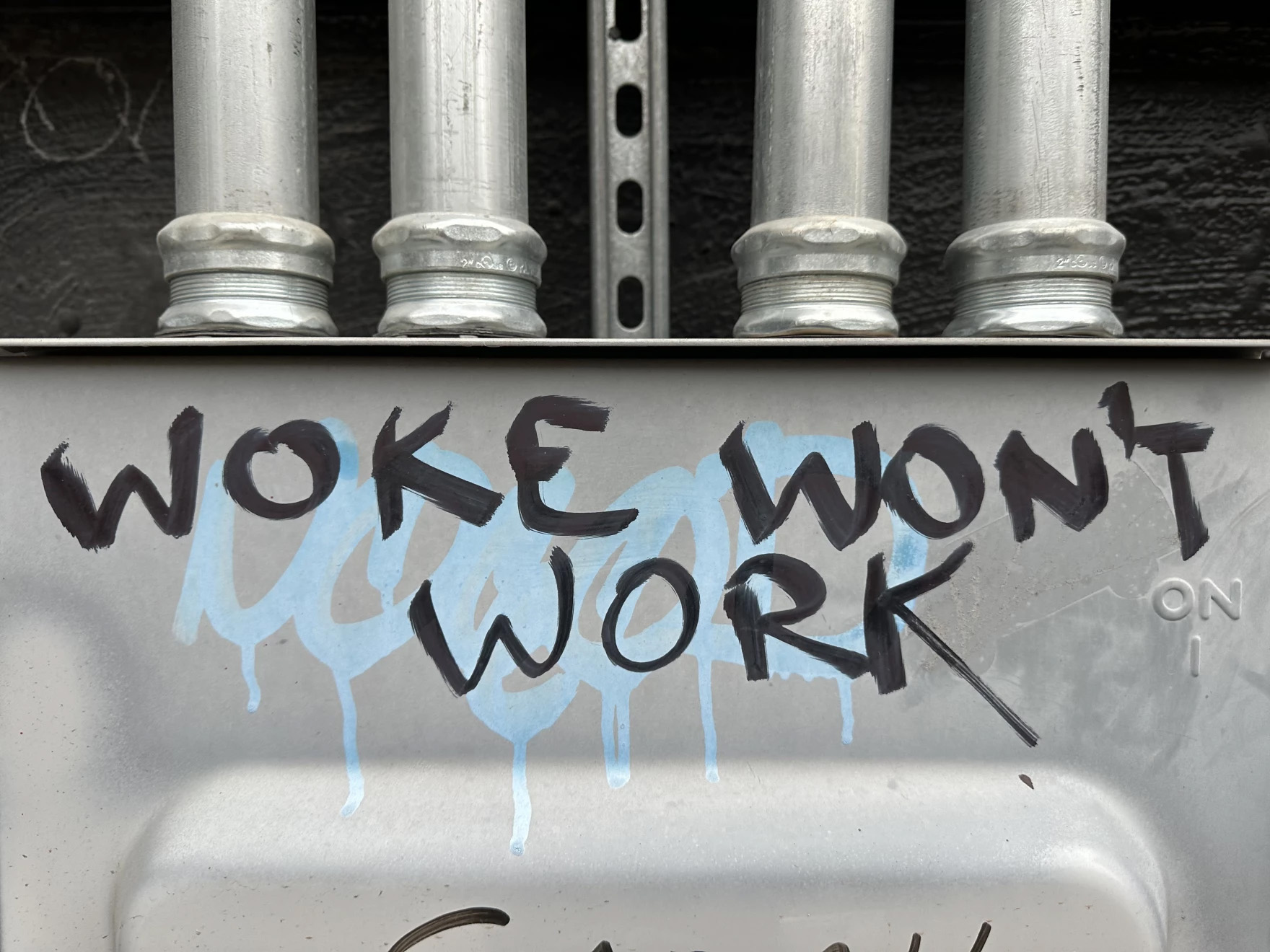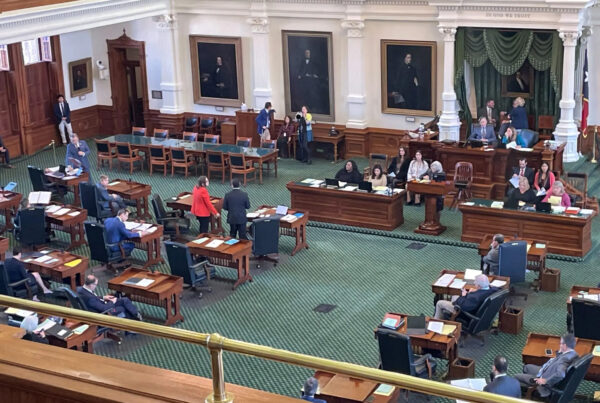From the Texas Newsroom:
Texas lawmakers have filed a slew of bills this year that could have a significant effect on transgender youth; what is taught in schools; and diversity, equity and inclusion efforts.
By doing this, Texas joins several other Republican-led state governments in focusing on some of the most controversial cultural and social issues on peoples’ minds.
“What you find with this set of issues is that in many ways it is much more national than it is statewide in nature,” said Joshua Blank, the research director at UT Austin Texas Politics Project.
A wide variety of proposals along these lines are getting attention this legislative session.
Among them is one measure from state Rep. Nate Schatzline, R-Fort Worth, that would designate drag shows as sexually oriented businesses, effectively banning them from public spaces.
Another proposal would end affirmative action in the state. Rep. Carl Tepper, R-Lubbock, told The Texas Newsroom his legislation is meant to ensure people are hired based on merit and not race. He said affirmative action policies are discriminatory.
“It’s very uncomfortable for people I think of my generation, and the generation that’s following, to use race as an issue or a standard in accepting people to public universities or as part of the hiring process and application process in a job,” Tepper said.
According to Cornell Law School’s Legal Information Institute, affirmative action is a “set of procedures designed to eliminate unlawful discrimination among applicants, remedy the results of such prior discrimination, and prevent such discrimination in the future.”
Similar efforts on hot-button issues are supported by GOP lawmakers from all over Texas, including Gov. Greg Abbott, who has partly focused on education this year, including school vouchers and public school school curriculum.
“Schools should not push woke agendas,” Abbott said in his State of the State address last month.
Joshua Blank said many of these social and identity-related issues get noticed in part because they’re things some Texans haven’t really thought about before.
“The nature of a new issue is that it almost always advantages the conservative position because the traditional conservative position is to go back to what everybody knows and is comfortable with,” Blank said.
Take issues around transgender rights. According to a Texas Politics Project poll released earlier this month, Of the Texas voters surveyed, 59% said they didn’t personally know a transgender person. When divided by party affiliation, 49% of Democrats and 70% of Republicans said they didn’t personally know a transgender person.
Part of a national political trend
Similar debates are playing out in statehouses nationwide.
In Tennessee, lawmakers recently banned gender affirming-care for minors and severely restricted drag performances.
Meanwhile, Florida Gov. Ron DeSantis — a likely Republican presidential candidate — has vowed to defund DEI programs in his state’s universities.
That’s a sentiment shared by Gov. Abbott, who’s asked state agencies to stop using DEI when hiring.
The state’s Democrats say Abbott and other Texas Republicans are just following Florida’s lead.
“We shouldn’t be pandering to someone from Florida,” Sen. Royce West, D-Dallas, recently told reporters. “If he wants to come here and debate us on DEI, come on, bring it on.”
Sen. José Menéndez, a Democrat from San Antonio, has joined members of his party in vowing to fight much of this legislation. He believes these measures will further alienate and disenfranchise already marginalized groups.
“We can’t pretend that this is only about removing DEI policies,” Menéndez told reporters earlier this week. “There are conversations about whether or not DACA students should be allowed to have in-state tuition, or whether people from certain countries can purchase land, or the undoing of Plyler v. Doe, whether trans people can access health care, how parents can parent their own kids.”
What do Texans want from lawmakers?
Polling in Texas shows some of the identity-related policies introduced by state lawmakers don’t necessarily line up with what constituents want.
Last month, The Texas Politics Project asked voters what they think should be state legislators’ top priority for K-12 public education.
School safety, teacher pay, and curriculum content were the top three answers for Republicans. Only 1% of GOP respondents said the priority should be the treatment of transgender students or what’s in school libraries.
Meanwhile, a poll by the same organization in December 2022 found that 36% of Texas voters felt businesses and corporations were doing too much responding to LGBTQ rights, while 26% said the same regarding racial discrimination.
However, 40% of Texas voters said businesses and corporations were doing too little about women’s rights.













